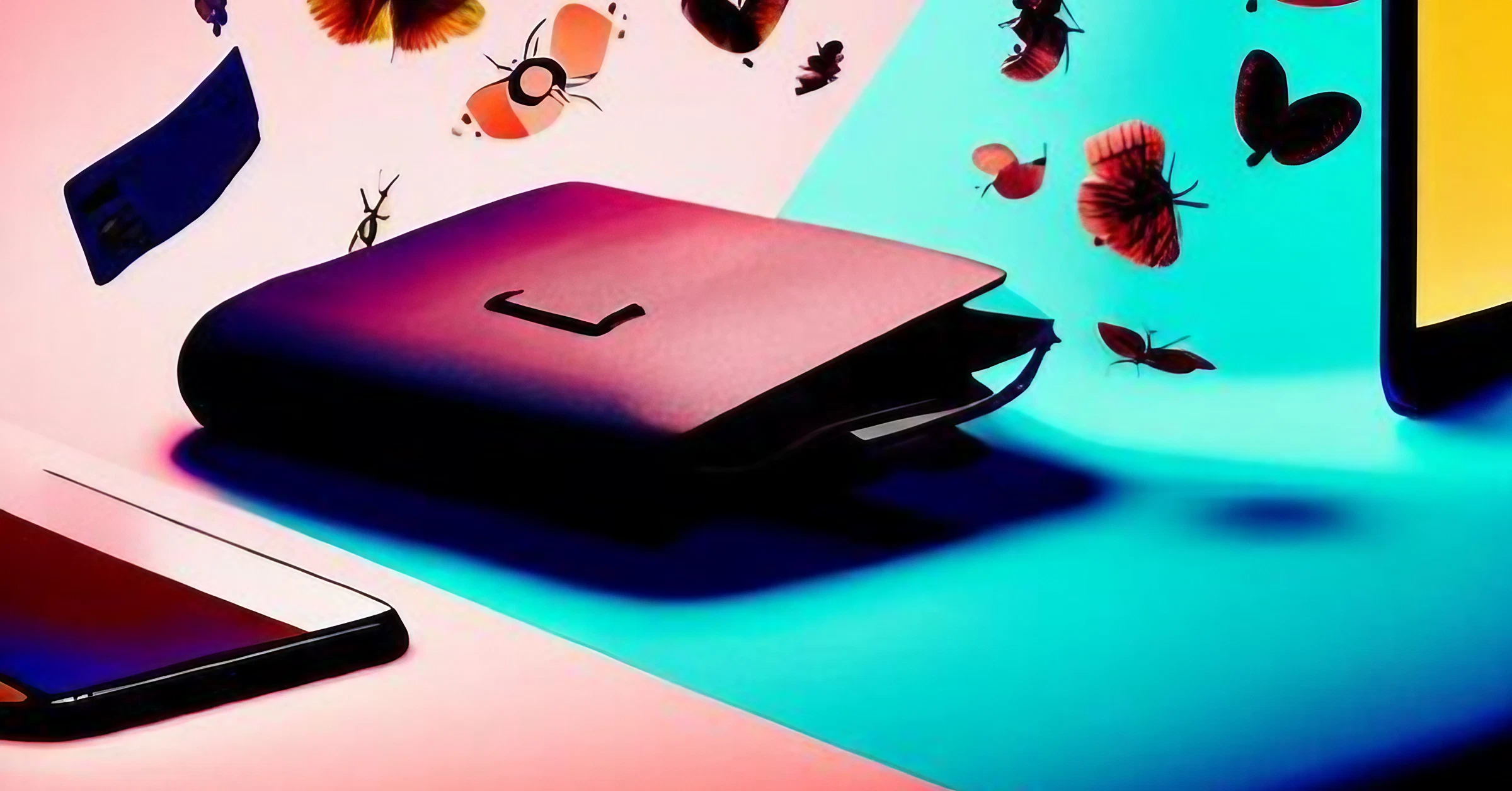Technology is supposed to make life easier, not bankrupt you.

So I completely forgot about Google's keynote, I usually don’t bother with it as I feel their announcements are usually boring and hard to get excited by.You can only hear that they are adding some sort of “AI” to google search and see fake demos every year, or announce a new “product” that they plan to discontinue in a year’s time as per their track record. My usage of Google search has not really changed or my experience improved following any of the keynotes.
What obviously did catch my eye was their new product the Pixel Fold.
The topic of the day, the Pixel Fold, which comes with a price tag hefty enough to make even a tech mogul wince. Now, as a person who values practicality over flashiness, I couldn't help but express my utter disbelief at such an astronomical price.
This inevitably sparked a discussion with my esteemed interlocutor, who attempted to play devil's advocate by bringing up the point of cost performance. The idea was that sometimes, going for a cheaper version could end up costing you more in terms of performance. A valiant effort, but ultimately misguided in this case, in my opinion.
We then veered into a broader discussion about technology and affordability, leading to my firm stance that technology is meant to make life easier, not push you into bankruptcy. This seemed to strike a chord, leading to further exploration of how this principle applies in different scenarios.
But first let’s address the objective then I will dive more into my thoughts.
Objectively speaking, the Google Pixel Fold is an interesting addition to the foldable device market. Its $1,800 price point, while certainly on the higher end, is comparable to other foldable devices currently available. It will be intriguing to see how it performs in comparison to its competitors. But if I'm being honest, I couldn't care less about it. I won't be following its every move, but hey, maybe it'll surprise me and have something interesting to offer. Unlikely, but stranger things have happened.
It's undeniable that technology has made our lives significantly easier in many ways, from instant communication to advanced medical treatments. However, there's a valid concern that the escalating costs of these innovations could be pushing consumers towards financial strain.
On one hand, many argue that the high costs of cutting-edge technology are justified due to the research, development, and resources required to create these advanced devices. Additionally, the competitive nature of the tech industry drives companies to constantly innovate and improve, which can ultimately benefit consumers.
On the other hand, it's important to consider the financial burden that these expensive gadgets may impose on individuals, especially when they're marketed as "must-have" items. The pressure to keep up with the latest tech trends can contribute to a sense of financial insecurity for some, leading to the question: at what point do the costs outweigh the benefits?
So now we're getting to the interesting part.
The idea that "technology is supposed to make life easier, not bankrupt you" isn't just about the price of gadgets. It's about the whole ecosystem of technology. Let's take software, for instance. There are plenty of professional-grade software suites out there that cost a fortune. Adobe Creative Suite, Microsoft Office, Final Cut Pro - these are all tools that professionals in various fields rely on, and they're priced accordingly.
But what about the layperson who just needs to edit some photos, write a document, or make a home movie? They're not going to shell out hundreds or thousands of dollars for these tools. And they shouldn't have to. There are plenty of more affordable or even free alternatives out there that can do the job just fine for non-professionals.
The same goes for hardware. A professional graphic designer might need a high-end drawing tablet, but someone who just wants to doodle in their spare time can get by with a much cheaper model. A professional photographer needs a top-of-the-line camera, but a casual shutterbug can take great photos with a mid-range model.
The point is, technology should be accessible. It should be something that everyone can use and benefit from, not just those who can afford to pay a premium.
However as some of us are so keenly interested in pointing out yes, there are some shady operators out there. But there are also companies that are doing good work, creating affordable, reliable devices that cater to the needs of people who can't or won't shell out for a top-tier device or product. It's not a perfect solution, but it's a start.
The real issue here is the attitude of the tech industry as a whole. They need to stop seeing consumers as cash cows to be milked dry, and start seeing them as people with needs and limitations. Until that happens, we're stuck in this cycle of overpriced, overhyped, underperforming tech. And frankly, it's exhausting.
But if we ignore the gadgets, we do have some great “free” things out there for now such as Wikipedia, ChatGPT, gmail, Google search, Youtube, etc and I truly believe these “free” things have made life far easier. Of course these obviously have caveats.
Perhaps if we include gadgets we do have easier examples of this, for example the digital calculator. It's a tool that's been around for decades, yet it's still incredibly useful in everyday life. It's a tool that helps you with everything from calculating your expenses to solving complex mathematical problems. And the best part? It's inexpensive. Compare that to trying to do maths from over 100 years ago, this has definitely made life almost unimaginable without it. Now that's what I call a real game-changer.
It’s obviously cliche and a debatable point but you don't need to blow your savings on some fancy, high-tech camera to take a decent photo. Hell, you can get decent shots on a potato if you know what you're doing. It's not about the tool, it's about the talent. A flashy camera won't magically make you a good photographer, just like wearing designer clothes won't suddenly make you a supermodel.
We are certainly living in an interesting era where the price of technology is jeopardizing our financial well-being.
So what do you think dear reader? “Technology is supposed to make life easier, not bankrupt you”, think about it.

